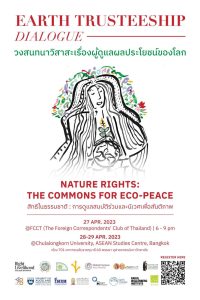
Earth Trusteeship Dialogue | Nature Rights: The Commons for Eco-Peace
Register for the in-person Bangkok events here: https://docs.google.com/forms/d/e/1FAIpQLSfH2RbZjrW1GOtT8p-JWxncz2fc2MKMhw_-U5EYZNO1ihEtDg/viewform
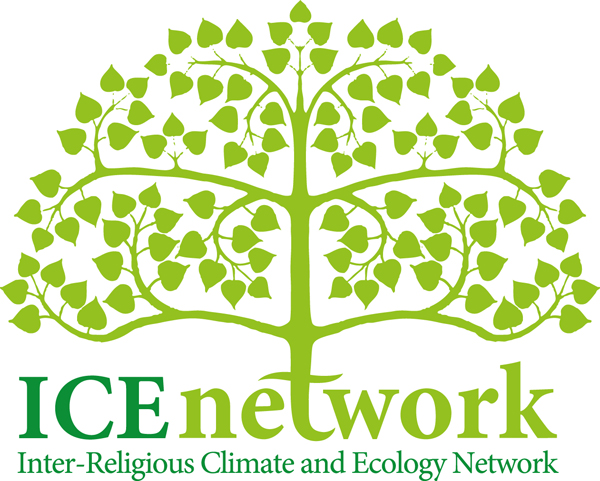
The Inter-Religious Climate and Ecology Network (ICE) emerged from an international conference on Inter-Religious Dialogue on Climate Change and Biodiversity Conservation held in Sri Lanka in 2012. ICE is a pan-Asian organization based in Seoul, South Korea, where it is registered as a non-governmental organization.
Since its founding ICE has been actively engaging religious leaders and institutions throughout Asia in climate education, collective action and policy change. Their long-term objective is to bring the wisdom of religious traditions and the influence of religious leaders and institutions into dialogue and action around climate change. The overall goal to address the root causes of climate change and respond to its emerging effects with peaceful, equitable, and sustainable solutions are described in ICE’s implementation strategy which includes:
The Eco-Temple Community Development Project’s vision and strategy are based on a holistic design including “Seed Planting.” Its specific goal is to initiate and realize holistic Eco-Temple Communities based out of Buddhist temples, which are replicable throughout the INEB and ICE networks. The project’s overarching goal is to develop ecological human communities that are sustainably interconnected with the natural environment through the community center of a religious facility/temple.
The Eco-Temple Working Group was formed at the 2015 international ICE conference in Seoul, Korea. Its emergence was due to Rev. Hidehito Okochi’s shared experiences at the first ICE conference and the aftermath of the Fukushima nuclear incident. Since that time the Japan Network of Engaged Buddhist (JNEB) created an International Project on Energy to share their experiences on nuclear energy among Buddhists and other religious groups among nuclear nations in East Asia. JNEB in coordination with INEB conducted two study tours (2012, 2015) for those from the Global South to learn about the resilient activities of Buddhists priests and other civil society groups in Fukushima in addition to learning more indepth about Rev. Okochi’s eco-temple communities in Tokyo.
The project’s holistic ‘seed planting’ design encourages collective responsibility and the ability to sustain improving the quality of life. The design involves integrating:
· An ecological temple structure and energy system
· Developing economic sustainability
· With the surrounding environments
· Engaging with the community and other regional groups
· Developing spiritual values and teachings on environment, eco-dharma
For more information explore: Eco-temple Community Develop Project
Content here

Register for the in-person Bangkok events here: https://docs.google.com/forms/d/e/1FAIpQLSfH2RbZjrW1GOtT8p-JWxncz2fc2MKMhw_-U5EYZNO1ihEtDg/viewform
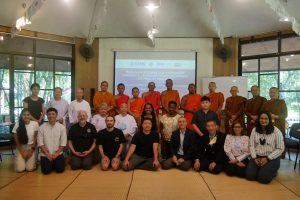
Workshop for Spiritual Leaders on Community Campaigns to Reduce Demand for Wildlife Products June 29 -30, 2022 Wongsanit Ashram, Nakhon
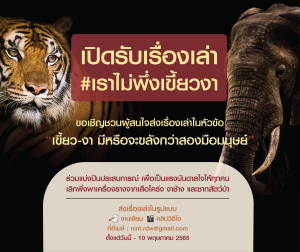
[et_pb_section admin_label=”section”] [et_pb_row admin_label=”row”] [et_pb_column type=”4_4″][et_pb_text admin_label=”Text”] [/et_pb_text][/et_pb_column] [/et_pb_row] [/et_pb_section]
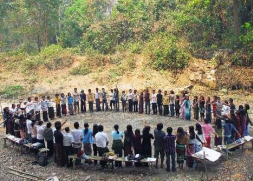
10 January, 2022 Bobo Lwin How personal awakening can help societal transformation. I recently contributed to a Buddhist dialogue at
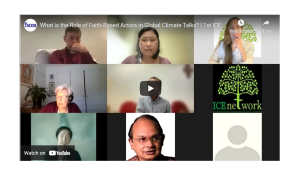
2022 marks the 30th Anniversary of the UN Framework Convention on Climate Change, however many of the goals outlined in
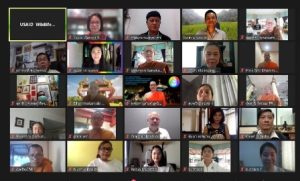
Via Zoom and Facebook LiveJuly 16, 2021 (08:45 – 11:15 AM) in Thailand To Reduce Demand for Wildlife ProductsUSAID collaborated